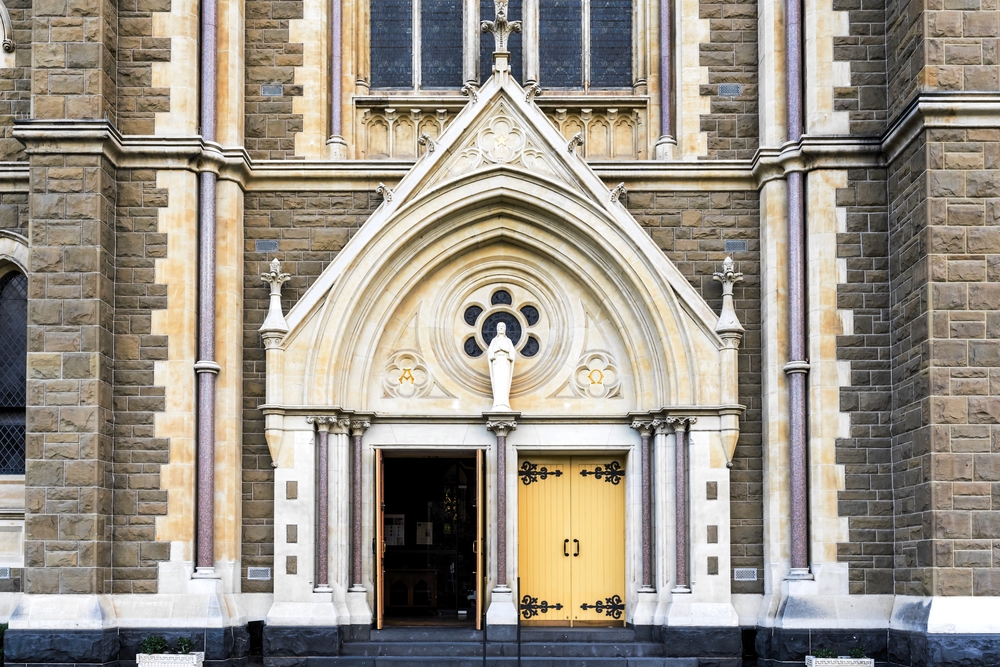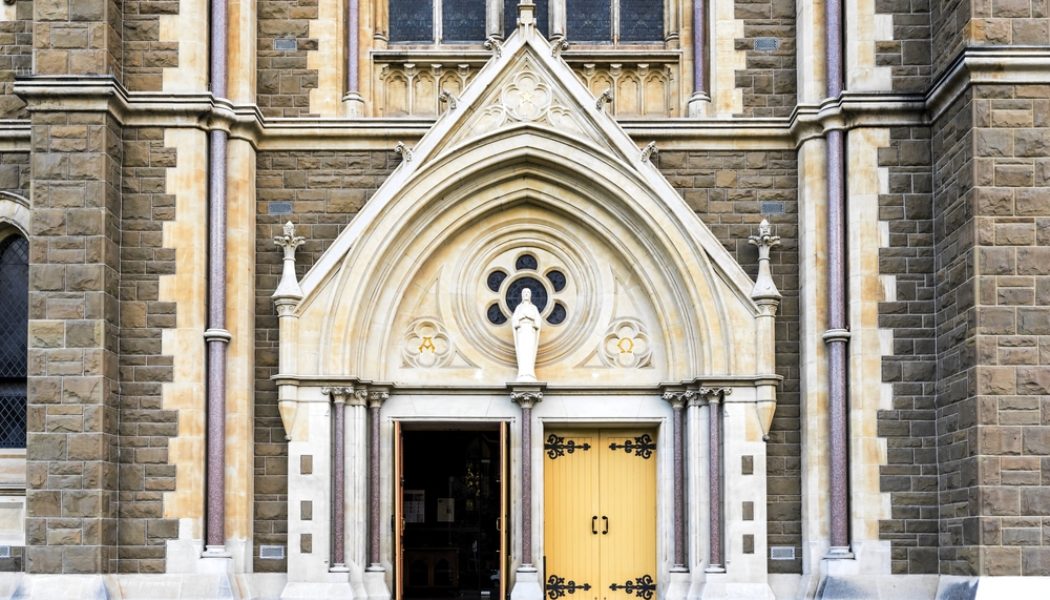
As parishes open up, we have been considering what all parishes can do in a post-COVID world. We came up with five suggestions yesterday, but today we share five more for you to consider.”
6. Identify Your Parish’s Starting Point
Every parish has a particular culture. How would you define yours? If you don’t believe you have a parish culture, that is part of your culture and it’s a problem. People on your teams and in the pews can identify what’s attractive and what’s off-putting in the parish. They likely talk about what it is and what it is not outside of Mass and after your meetings.
How would your occasional congregants describe the spirit of your parish community? Do the events and activities attract new people and compel others to return? Pray and discern about where and how your parish can begin. Then move forward on your missional goal (see Item 7). There are sure to be hidden talents in every parish flock that can help along the way to minister to all the souls in the parish. This is after all, the pastoral charge of every parish priest.
7. Build Towards One Parish Mission
Parishes frequently operate like separate organizations with ministerial silos, competing agendas, and multiple visions of the future. Competition for limited resources as well as the attention of the pastor can diminish and dilute efforts at post-COVID growth. Working through and past old habits and divisions is essential to identify a singular mission going forward. What might yours be? I invite you to read the Vision/Mission Statements on any five average parish websites? Many are rich in sacramental services; reflect good catechetical adherence; pursue community beneficence; have a focus on families; seek responsible stewardship; etc. All of these are essential spiritual objectives in parishes; but most Statements are long, difficult to memorize, and not integrated, nor observable within in the parish culture.
Now find and read Vision/Mission Statements of five vibrant and growing parishes around America. Most of their statements are a single sentence; two or three at the most! If you pour over their websites, it may not surprise you that many of these parishes have dozens of thriving ministries and actually feed all the items listed in other parishes’ Vision Statements. However, most robust parishes and churches grow from one unified parish vision/mission.
Think of Jesus’ final words in Matthew 28, when He commissioned His followers to “go and make disciples,” a single mission that guided most all their efforts. The early church leaders eventually wrestled openly with tough questions under that mission, no different from parishes today that choose to take real steps to grow and change in the coming months (see the next item on Leaning.)
There is much available on crafting a parish mission/vision statement. Divine Renovation and Rebuilt are two great books that can help. This post-pandemic window provides a once-in-a-lifetime chance for parish leaders to build alignment and commitment around a single vision to spur parish growth for generations to come.
8. Lean into the Resistance
As mentioned earlier, resistance to change is natural, ranging from mild challenges to outright stubbornness. Opposition can even be loud and overt, in some parishes feeling like Saul is among you! People who vocally resist should be seen as essential – these people care! Seek conversations with them, ask them questions, and invite their help. Most will love that you cared enough to ask and you can use the conversations to find common ground. Other times resistance will be shrouded in silent and subtle sabotage—the most dangerous kind. This is a time for pastors to invite and openly discuss differences, what Patrick Lencioni calls “mining for conflict.” In fact, leaders and pastors themselves are not immune to the inclination to block or obstruct change efforts. Fear of change is more often a fear of “What will I lose” in the change.
Consistent, open, and at times uncomfortable communication is key to get past resistance, even our very own! Open dialogue is the only way for parish leaders to build sufficient trust, where eventually parish teams will no longer have “meetings after the meeting” to discuss their discontentment. Take heart, even the Disciples had ‘meetings after the meeting’ to discuss who was first and who would sit where, early in their formation.
9. Develop Your Questioning-Muscle
Jesus posed over 300 questions in the Gospels and answered very few. Most people would agree Jesus was effective with how He used questions. Our priests’ seminary formation equips them to answer all types of questions and to ask very few. In the coming months, flipping the script will be a more effective approach in creating parish renewal. For example, consciously setting out to ask at least two engaging questions before answering any ‘one’ question will be helpful for pastors and parish leaders. There are numerous books on good questions and the difference between open-ended and closed-ended questions and when to use each. Do you know the difference between the two types? (That is a closed-ended question.)
Note that insightful questions require genuine curiosity, hence the suggestion to develop this ‘muscle’ and the attendant curiosity. I’ve worked with leaders who quickly and effectively begin to change an organization’s culture based on the types of questions they began to ask. People noticed! Also, it is OK to ask questions for which you do not yet have answers.
10. Make Sharing the Joy of Jesus’ Resurrection Contagious
This needs to be on authentic display from everyone in leadership and those in parish-facing roles. If joy cannot be expressed authentically by team members, these folks may not be in roles best suited for their gifts and talents. People who are in jobs that do not utilize their particular gifts are usually not fulfilled or fruitful and often they aren’t the friendliest team members. Pastors can help them find roles better suited to their particular talents. If you’re hesitant or doubtful about backfilling any of these roles, Fr. James Mallon, author of Divine Renovation, says most every parish already has people in their pews whose gifts and charisms could be essential and welcome in the parish.
In Matthew (21:28) Jesus asked those assembled: “What is your opinion?” So, what do you think of the ideas above? What steps would you propose for your parish? Very little here (besides vision or mission) addresses doctrine. Instead, this is meant to prompt ideas on how to grow after the pandemic. God bless you as begin to formulate your own ideas, new questions, and your vision as leaders. We know our Church and parishes need them.
Join Our Telegram Group : Salvation & Prosperity








